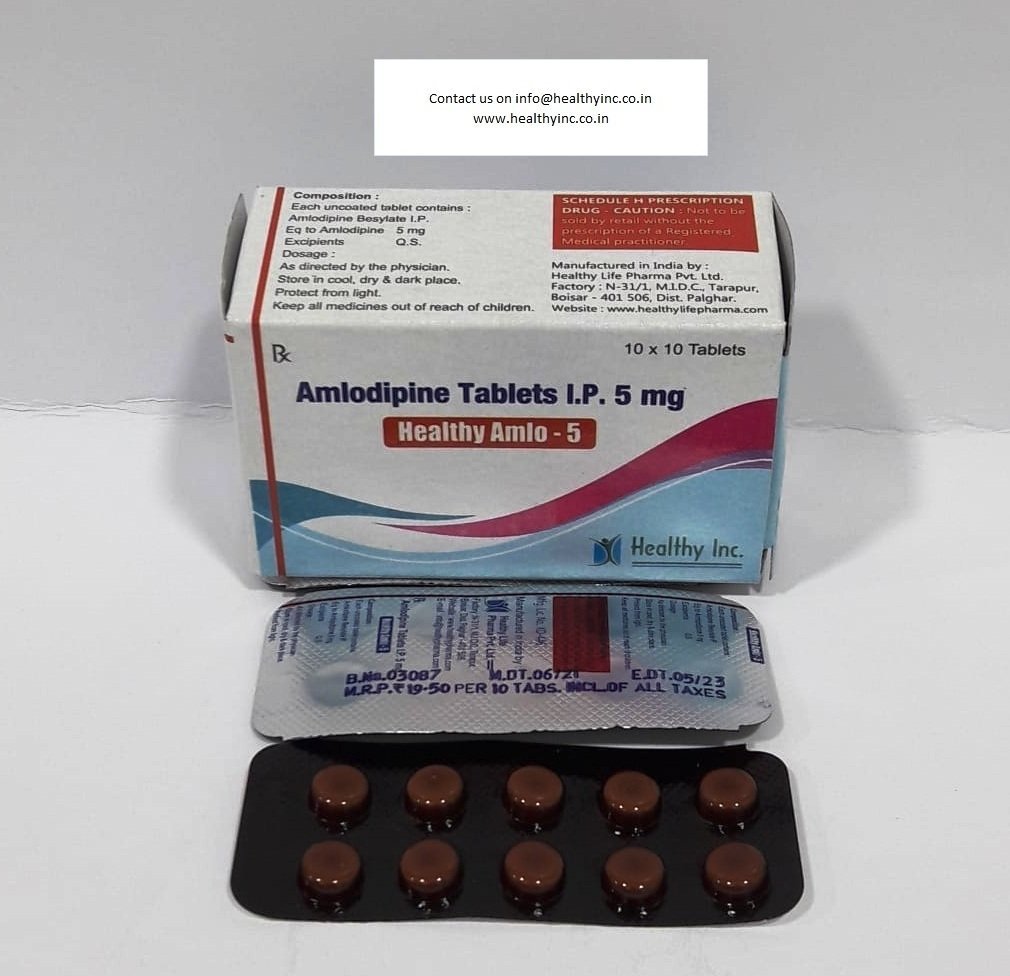Description
Acyclovir Injection
Healthy Inc is a specialized global supplier and exporter of life-saving antiviral injectables. We provide high-purity Acyclovir Injection, sourced from WHO–GMP certified sterile facilities. This “Viral DNA Inhibitor” is a top export to infectious disease wards, immunocompromised care units, and government health tenders in Africa, LATAM, and Southeast Asia, serving as the gold standard for treating severe Herpes Simplex and Varicella-Zoster infections.
Product Overview
This formulation contains Acyclovir Sodium, a synthetic purine nucleoside analogue with potent antiviral activity.
The “Herpes & Shingles” Specialist:
- Selective Mechanism: Acyclovir is converted into its active form only within virus-infected cells (by viral thymidine kinase), where it inhibits viral DNA polymerase and terminates the DNA chain, preventing viral replication without damaging normal human cells.
- Critical Care Use: Essential for treating Herpes Simplex Encephalitis (viral brain infection) and severe infections in immunocompromised patients (HIV/AIDS, transplant recipients).
- Rapid Bioavailability: Intravenous (IV) administration ensures immediate high plasma levels, critical for halting aggressive viral outbreaks like disseminated Herpes Zoster (Shingles).
Product Composition & Strength
We supply this product as a Sterile Lyophilized Powder in glass vials (requires reconstitution and dilution).
| Active Ingredient | Strength (Standard) | Form | Role |
|---|---|---|---|
| Acyclovir Sodium USP/BP | 250 mg | Lyophilized Powder | Antiviral Agent |
| Acyclovir Sodium USP/BP | 500 mg | Lyophilized Powder | High Dose |
| Sodium Hydroxide | Q.S. | — | pH Adjuster |
*Pack Sizes: Single Vial packs or Tray packs of 5/10 vials.
Technical & Logistics Specifications
Critical data for Pharmaceutical Importers and Distributors.
| HS Code | 3004.90.99 (Other Medicaments) |
| Dosage Form | Sterile Powder for IV Infusion (Must be diluted) |
| Packaging | Clear Glass Vial with Flip-off Seal |
| Storage | Store below 25°C. Reconstituted solution must be used within 12 hours. |
| Certificates | WHO-GMP, COPP, Free Sale Certificate, CTD Dossier |
Manufacturing Authority
Marketed and Distributed by Healthy Inc from WHO-GMP & ISO 9001:2015 certified units.
- Lyophilization: Manufactured using advanced freeze-drying technology to ensure the powder dissolves instantly (reconstitutes) and remains stable in tropical climates.
- Alkalinity Control: Carefully buffered (pH ~11) to maintain solubility, as Acyclovir is insoluble in water at neutral pH.
Therapeutic Indications (Human Use)
Indicated for moderate to severe viral infections:
- Herpes Simplex Encephalitis: Life-saving treatment for viral brain inflammation.
- Mucocutaneous HSV: Severe initial and recurrent Herpes Simplex infections (Types 1 & 2) in immunocompromised patients.
- Varicella-Zoster: Treatment of Shingles (Herpes Zoster) in immunocompromised patients and Chickenpox (Varicella) in high-risk groups (e.g., pregnant women).
- Neonatal Herpes: Treatment of HSV infections in newborns.
Dosage & Administration
Recommended Dosage (Strictly as per Physician):
- Route: Slow Intravenous Infusion ONLY. (Over at least 1 hour).
- Adults: 5 to 10 mg/kg body weight every 8 hours.
- Pediatrics: 250 mg to 500 mg per square meter body surface area (BSA) every 8 hours.
- Renal Impairment: Dosage interval must be extended based on Creatinine Clearance.
Safety Warnings:
- Renal Crystallization: Rapid injection or dehydration can cause the drug to crystallize in renal tubules, leading to kidney failure. Patients must be well-hydrated.
- Extravasation: The solution is highly alkaline (pH 11). Leakage into surrounding tissue can cause severe inflammation and necrosis. Ensure IV line patency.
Global Export & Contract Manufacturing Services
Healthy Inc stands as a premier Pharmaceutical Exporter in India, dedicated to serving the needs of international Pharma Traders, Wholesalers, and Bulk Drug Distributors. As a verified Medicine Supplier in Mumbai, we offer flexible Third Party Manufacturing (Contract Manufacturing) services for Sterile Injectables, allowing brands to launch high-quality generic medicines under their own label. Whether you are looking for a reliable Hospital Tender Supplier for government procurement in Africa or a B2B Pharma Marketplace partner for Latin America, our logistics network ensures timely delivery. We actively support Pharmaceutical Drop Shipping models and bulk indenting, ensuring that every Generic Medicine Wholesaler receives WHO-GMP certified products at competitive rates.
Commercial Inquiries
For hospital tenders, bulk export, or distributor pricing, please contact our export team.
WhatsApp/Call: +91 7710003340
Email: info@healthyinc.co.in









